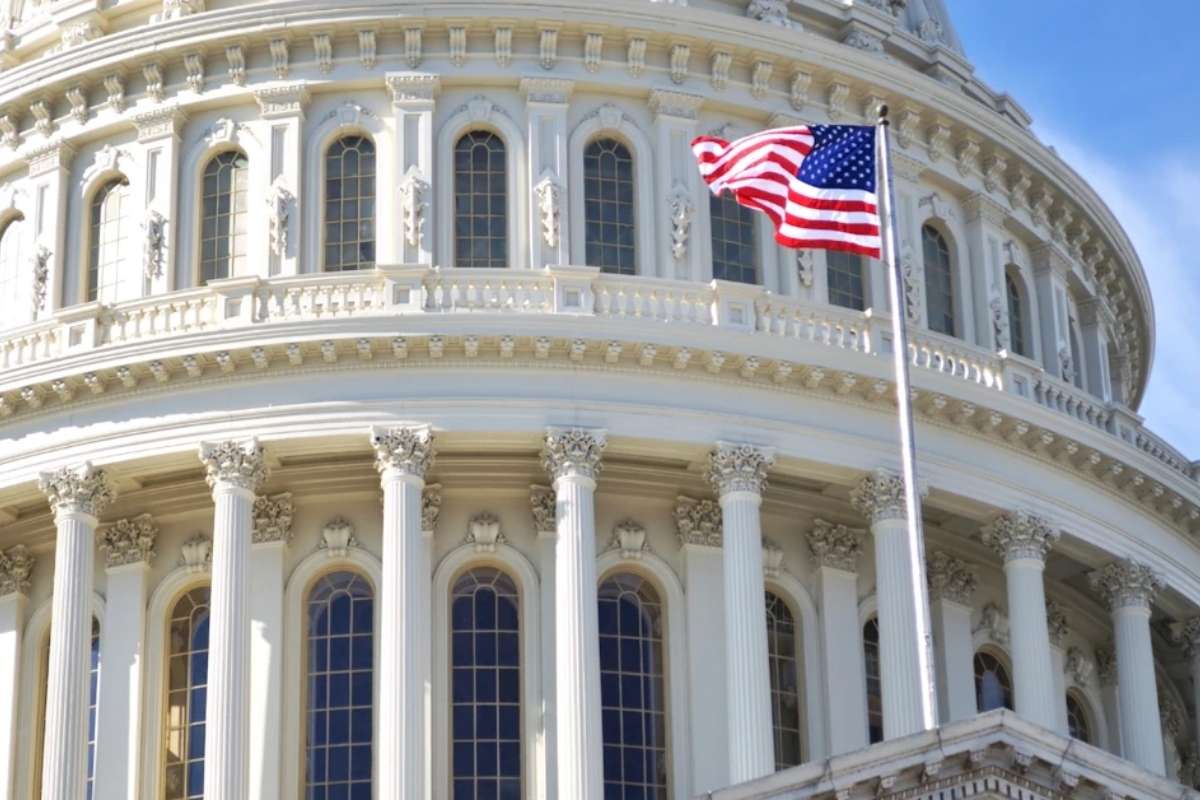With the 2015 Cybersecurity Information Sharing Act (CISA) set to expire at the end of September, lawmakers are grappling with how best to renew a law that plays a pivotal role in national cyber defense. The law, widely valued by the private sector, offers legal protections to companies sharing cyber threat intelligence. As Congress approaches its August recess, when legislative activity typically slows, concerns are growing about the possibility of a lapse in protections if a renewal is not passed in time.
While a bipartisan Senate proposal has already been introduced to extend Cybersecurity Information Sharing Act for another decade, the House has yet to finalize its version. Industry insiders suggest the House may push for changes to the law rather than a simple renewal, potentially complicating negotiations and slowing the legislative process. Finalizing and reconciling separate versions of the bill from both chambers could be time-consuming, and some in the private sector are advocating for a temporary extension in the interim.
Industry Advocates Push for Legal Certainty
At a recent Capitol Hill briefing, cybersecurity experts and industry leaders emphasized the importance of preserving Cybersecurity Information Sharing Act’s protections. Larry Clinton, president of the Internet Security Alliance, described the legislation as “the most successful piece of cyber legislation that’s ever passed.” These legal safeguards are credited with enabling companies to share cyber threat data without the fear of lawsuits or reputational damage, thus strengthening the broader security ecosystem.
John Miller, a senior policy executive at the Information Technology Industry Council, indicated that attaching a short-term extension to an upcoming government funding bill, such as a continuing resolution, could be one way to avoid disruption. However, Clinton warned against complacency, cautioning that a stopgap measure should not become a substitute for a more comprehensive, long-term solution.
“The danger,” Clinton explained, “is in treating a temporary fix as a final answer,” which could lead to a recurring legislative scramble every few years.
Law’s Success Fuels Quiet Dependence
According to industry voices, Cybersecurity Information Sharing Act’s effectiveness has paradoxically made it a less visible policy concern. When it was first enacted, it stirred significant debate around privacy and data handling. Now, nearly a decade later, it operates in the background, quietly underpinning vital cyber defense collaboration.
John Miller noted, “In the past five to 10 years, you probably haven’t heard a lot about cyber information sharing as a policy issue,” suggesting that this is evidence of a law that has “struck the right balance.”
Industry leaders also highlighted that the law has been especially beneficial for small- and medium-sized enterprises, which often lack the resources to manage cyber threats independently. The need for renewed commitment to information sharing has only grown, particularly since the Trump administration disbanded a key infrastructure committee that had supported these efforts.
As time runs short, stakeholders are urging Congress to act swiftly whether through a full reauthorization or a short-term bridge, to ensure continued protection and collaboration in the face of evolving cyber threats.






